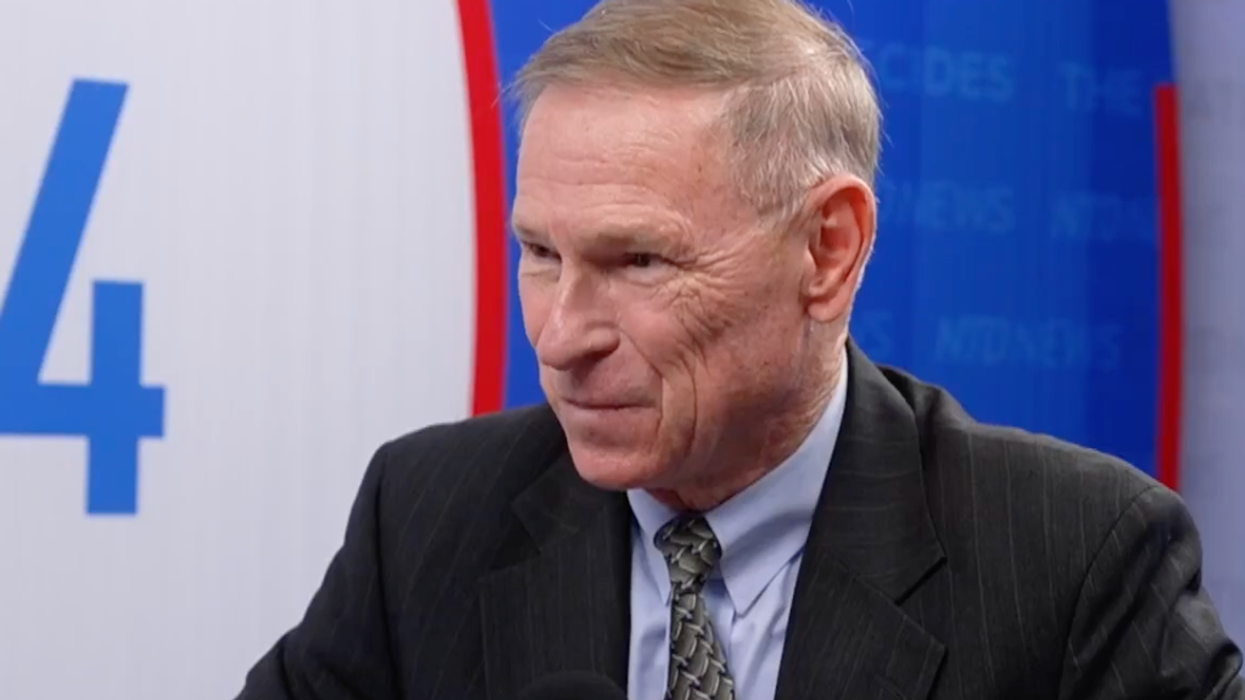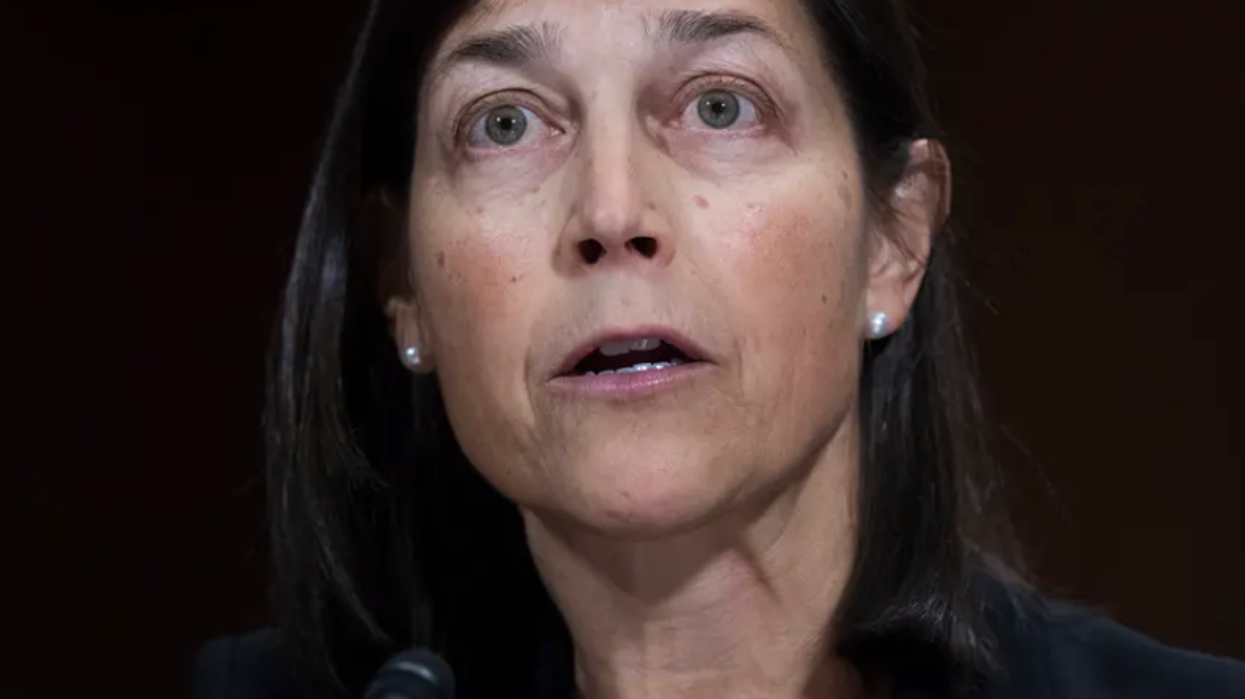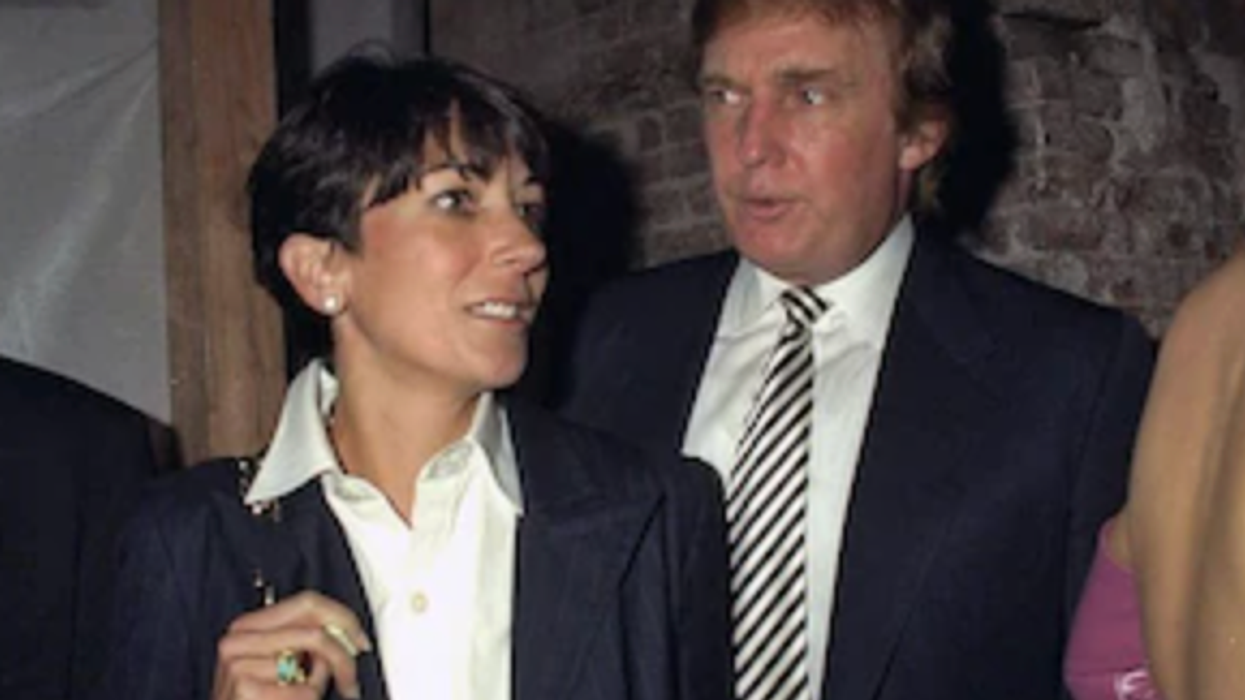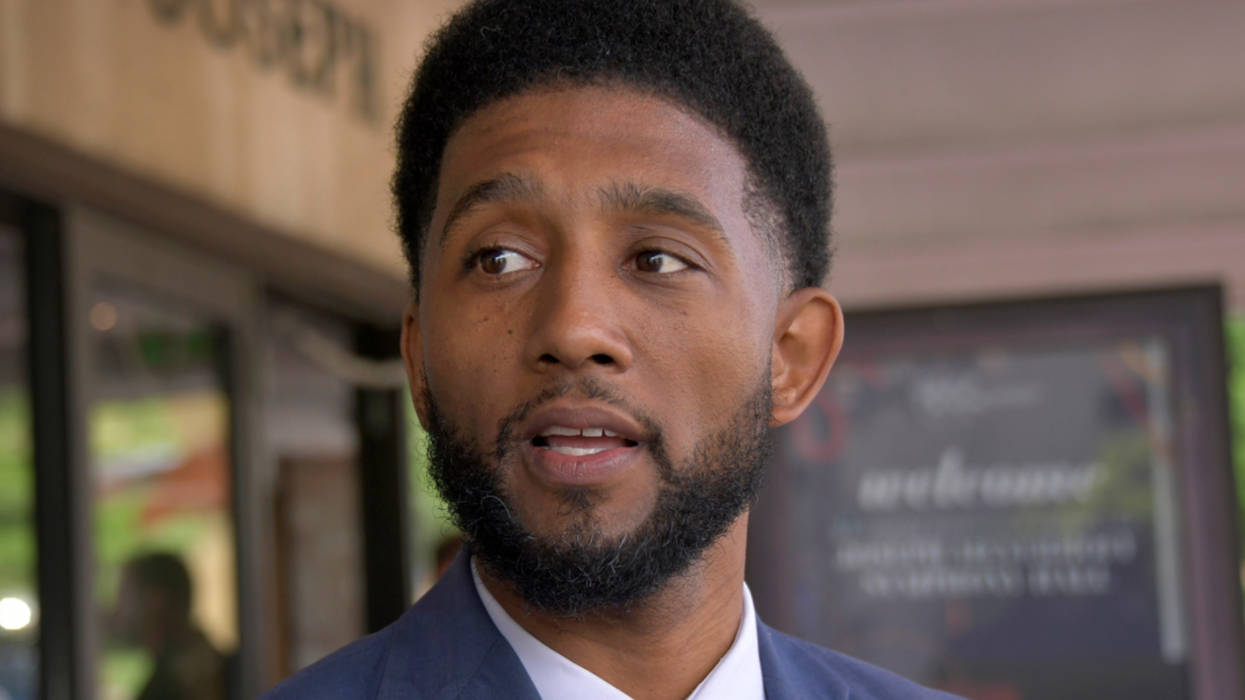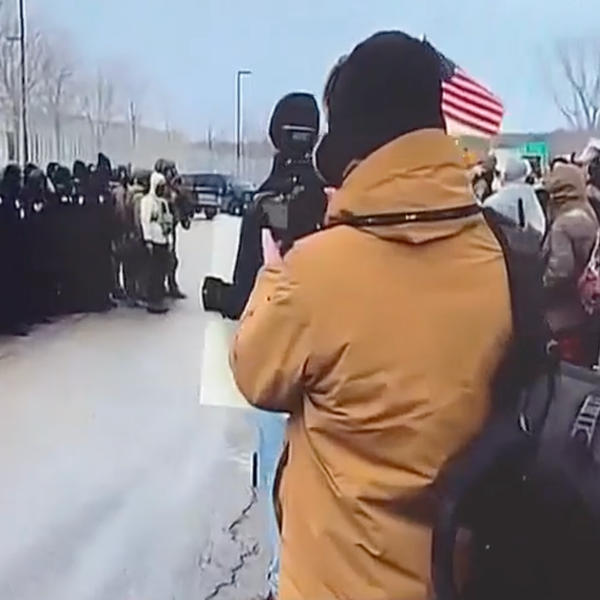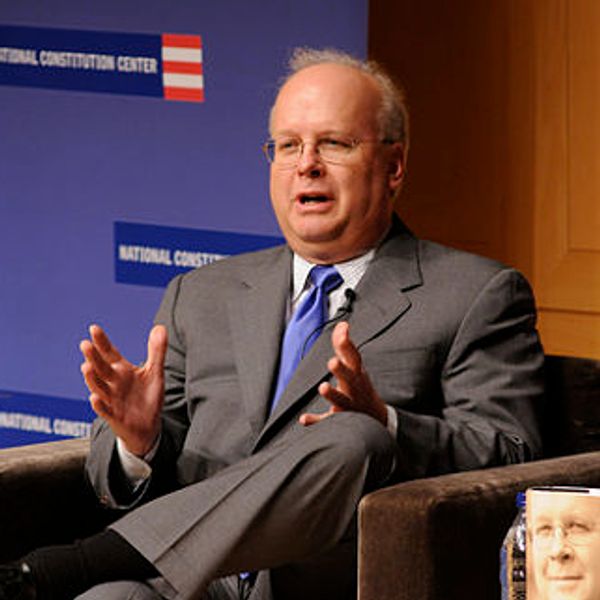“Of course, Baltimore,” said Donald Trump when ticking off the list of cities that required federal forces to quell the hordes of violent urban criminals who live in the president’s head, if not in reality.
It’s clear he never bought into the nickname coined to counter the city’s negative image. No “Charm City” for a man who fails to see any positives in a place he recently called a “hellhole,” and not for the first time.
Right now, the administration’s attention has turned to Chicago, likely the next target of his plan to interfere with law enforcement operations — and whatever else he can get away with — in cities led by Democrats.
Trump, always spoiling for a fight, is ready to take on a federal judge’s ruling of overreach in Los Angeles, not to mention Illinois Gov. JB Pritzker and Chicago Mayor Brandon Johnson (who fits the profile).
However, the president would never leave out his go-to for all things dysfunctional in a blue city led by a Black mayor, in Baltimore’s case Brandon Scott. That’s the same man some Republicans blamed when a cargo ship crashed into the city’s Francis Scott Key Bridge, casting Baltimore’s mayor and Maryland Gov. Wes Moore as both incompetent and all-powerful.
Then again, it’s easy to spew nonsensical contradictions, along with every inner-city and racist trope, when you don’t see citizens who live in certain parts of certain cities as human beings.
You only had to listen to Trump’s answer to an invitation by Moore to walk the city’s streets, to actually learn something about the places and the people he so glibly and destructively malign. He only sees teenage “thugs” to be put behind bars, charged as adults and thrown into prisons, places where you don’t have to attend school but where you learn plenty.
“I’m not walking in Baltimore right now. Baltimore is a hellhole,” Trump said. “This guy, I don’t even think he knows it.” Yes, “this guy,” not “Governor Moore,” the better to disrespect a state leader who happens to be Black.
To be fair to the president, he is not alone in the judgments he makes from afar.
As someone who grew up in West Baltimore, I am well aware of the city’s reputation.
Even people who should know better seem both surprised and disappointed when, instead of sharing tales of being a child lookout for drug dealers, in a scenario straight out of The Wire, I talk about my less dramatic reality of backyard birthday parties, trips to the library, and doing chores for neighbors.
That’s not to say the neighborhood of my youth was crime-free. And that was before a drug epidemic rendered too many familiar row houses vacant shells I see on visits to relatives.
Unfortunately, I have seen more than one childhood friend caught up in addiction or one mistake that landed them in the system instead of a counseling or treatment center the well-heeled on the other side of town always seemed to have access to.
But I never forgot the people they were or could be still if they had the support, programs, and, yes, luck that blessed me.
People get a lot wrong when judging inner cities across America.
Its residents crave attention from law enforcement and their government. They pay their salaries, and they are outraged when everything from medics to 911 seems to lack a sense of urgency when responding to their emergencies.
In my experience, they just want to be treated fairly and respectfully, to be on the other end of that mission “to protect and serve.” They would welcome after-school programs and community violence-prevention strategies more than troops, tanks, and National Guard members from Tennessee and Mississippi who may see them as perps rather than people trying to live safe and productive lives.
And they have learned to be very suspicious of politicians who say things they obviously don’t mean. Donald Trump isn’t serious about “law and order,” not when one of his first acts as president was pardoning criminals who attacked the Capitol on January 6, 2021 and injured more than 100 law enforcement officers.
If the Trump administration and its compliant allies in a GOP-controlled Congress really wanted to help rather than dominate the Americans in the cities he dismisses, they would just support the policies that have been proven to bring crime rates down.
But then they would have to admit they could learn a thing or two from those Democratic Black mayors.
Johnson does not downplay Chicago’s gun violence, which, while decreasing, still left 58 people shot over the holiday weekend. He said at a news conference that many of those guns on the city’s streets are trafficked to Illinois from nearby states, including GOP-led Indiana. “Chicago will continue to have a violence problem as long as red states continue to have a gun problem,” Johnson said.
“If the president was absolutely certain,” he said on NPR, that “driving violence down in the city of Chicago and cities across America was his actual goal, he would not have taken over $800 million away from violence prevention efforts.”
In an interview on NPR, Baltimore’s Scott talked about what has brought down violence in his city, one that as of July had seen 84 homicides, the fewest recorded in more than 50 years, one of many hopeful statistics Trump refuses to acknowledge or believe.
“We actually go to those who are most likely to be the victim or perpetrator of gun violence. They get a letter directly from me. We knock on their door and say, ‘We know who you are. We know what you do. Change your life. We’ll help you do it. But if you don’t, we’re going to remove you via law enforcement,” Scott said.
“Those who have taken us up on change in their life — over 90 percent of them have not reinjured, revictimized, or recidivated in crime.”
It makes perfect sense, to nurture people with hopes and dreams who need guidance and a pathway to success. But first you have to see those kids, and yes, many are kids like I once was, as human beings worth investing time and money in, as young people worth saving.
Mary C. Curtis has worked at The New York Times, The Baltimore Sun, The Charlotte Observer, as national correspondent for Politics Daily, and is a senior facilitator with The OpEd Project. She is host of the CQ Roll Call “Equal Time with Mary C. Curtis” podcast. Follow her on X @mcurtisnc3.
Reprinted with permission from RollCall.

